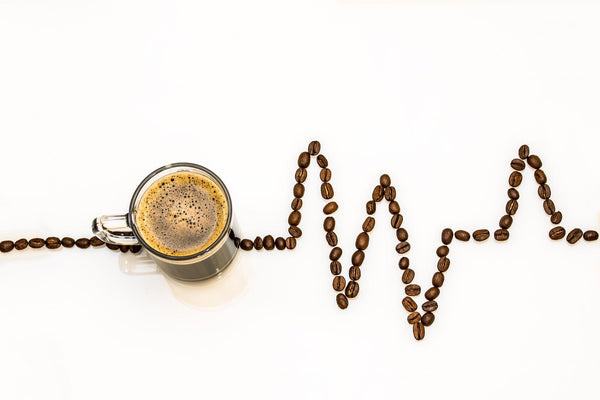Tea and Pregnancy! How safe is tea during your pregnancy?

Pregnancy is such an exciting period of time! This is the period you revisit all your daily habits, and it often changes the living style of the entire family. From your daily intake of water to the way you sleep, almost all routine activities get twisted during these happy yet exciting times. This article is for such expecting moms & families, and we have an important yet often neglected collection of facts to share.
Well, This is about your beloved beverage, Tea. At Asami, we offer the most premium teas from Africa, which are proven to be natural & healthy.
Still, it is vital to understand the role of tea during your pregnancy, and like every other daily habit, your tea habit also needs to take a twist during this time. The topic of tea and pregnancy or pregnancy teas is too detailed to cover within a single article, so we have focused on true teas or teas we produce from the plant Camellia sinensis.

What’s in a cup of tea?
When we discuss true teas, all the popular tea options like Black, Green, White, Oolong, and Pu-erh, come under this category. Most of the tea components are more or less similar, yet their concentrations can differ from each other due to the style of processing.
A typical cup of tea contains components like Polyphenols, Caffeine, Amino Acids, and certain groups of Vitamins and Minerals. Polyphenols are not a single component but a generic term used for a group of compounds. Within the group of polyphenols, we can identify compounds as flavanols or catechins & their concentration differs with the type of tea. It is said that Catechins are highest in green tea due to their unoxidized nature, yet they can be found in other tea types as well.
With this elaboration on the tea components, let's move toward the most crucial question. Can true teas be a good pregnancy tea? & if not, let's find out why?

How can tea components make an impact on your pregnancy?
- First, let's take a look at Caffeine
Out of major tea compounds, Caffeine is a core compound that we must limit during pregnancy. Caffeine is a natural stimulant found in commodities like Tea, Coffee, Cacao, and certain fruit types. Apart from that, Caffeine is available in certain other foods and beverages like energy drinks and sodas. During pregnancy, one should not intake more than 200 milligrams of Caffeine per day & this includes Caffeine from every dietary source. This means you have to start counting the cups of coffee or tea per day, as too much Caffeine could impact your baby. (According to research)
These impacts have detailed scientific explanations; however, in brief, it says that too much Caffeine can increase the risk of miscarriage, preterm birth, or low birth weight in your baby. With these findings, we can conclude that too much tea, even though you love sipping it, should be avoided during pregnancy.
An average cup of tea (Black or Green) can contain nearly 35-50mg of Caffeine per cup (8oz), compared to 70-140mg of Caffeine in a cup of coffee. (8oz) This again can vary according to the brewing style of the beverage. By looking at these figures, it is safe to say that you can still enjoy one or two cups of tea per day without consuming any other sources of Caffeine.

- Now, the impact of Catechin
Well, unlike the findings on Caffeine this factor is still under further study, but it is worth knowing for our understanding. Some studies have revealed that Catechins in tea can impact pregnancy, as it is found to reduce the bioavailability of folic acid within our body. Folic acid is an essential element for pregnant women, as it helps the development of the baby.
Other than these, so far no other tea compound is found to have an impact on the pregnancy period & therefore if you are not a heavy tea or coffee drinker, you can still enjoy a cup or two teas on a given day.
If not tea, what teas are safe to drink during pregnancy?
Well, many ladies switch to decaffeinated teas and coffees during pregnancy for safer enjoyment. Decaffeinated teas and coffees generally come under pregnancy-safe beverages due to the recused content of Caffeine. But you could also switch to some Caffeine-free herbal teas after carefully investigating if they are safe to consume as pregnancy teas.
For instance, Rooibos tea is generally a safer alternative for teas and coffees during pregnancy as it comes with a few other benefits as well. Similarly, teas like Ginger, Peppermint, and Raspberry leaf tea are also considered pregnancy-safe teas due to their zero Caffeine content & other beneficial properties.

In conclusion
Pregnancy is exciting but equally challenging as you need to be extra careful with your every move. As tea lovers, we must limit our Caffeine intake for the betterment of the baby, but there are many alternative pregnancy teas that you can switch to for continued enjoyment. At Asami, we have many pregnancy-safe teas from the heart of Africa, and these will surely keep you nourished during the challenging days of pregnancy. Explore now.
Check this similar blog



